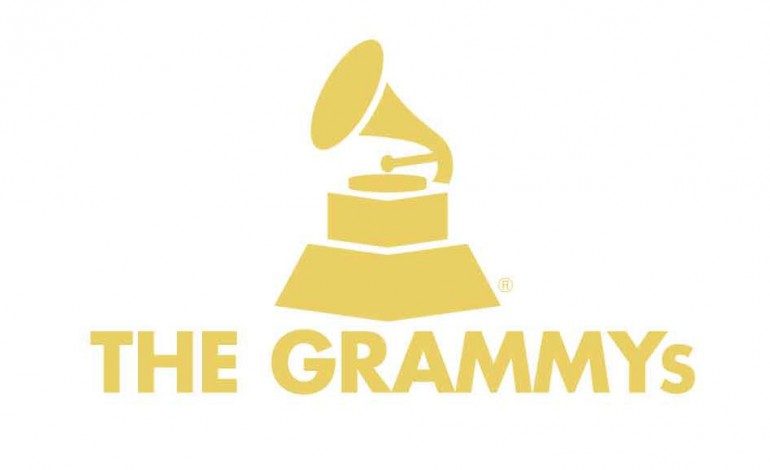

After coming under fire for under-representing women in the nominations for this year’s Grammy Awards,The Recording Academy released a study suggesting that it has not lagged behind the rest of the industry in terms of its inclusion of women. However, the Academy’s study contradicts another one conducted by the University of Southern California- Annenberg School for Communication and Journalism.
USC’s study analyzed gender and race in context of the past six years of Grammy nominations. It found that, from 2012 to 2017, 90.7 percent of nominees were male and only 9.3 female. The University studied these nominations in five award categories: album of the year, record of the year, song of the year, best new artist and non-classical producer of the year.
The Academy, looking at the same six year period, stated that seventeen percent—still a vast minority—of its nominees were women. Why these two studies conflict is not clear, although one institution has more to lose from damning results than the other. USC also found that only 21 percent of the Academy’s voter memberships belong to women. On top of that, 22.4 percent of performers, 12.3 percent of songwriters, and 2 percent of producers involved at the Grammys are women.
The Grammys’ under-representation of women moved in high relief a few weeks ago after The Recording Academy’s CEO, Neil Portnow, said that women need to “step up” and succeed.
Several prominent female music industry executives sent a letter of protest to the Academy.
“The gender composition of our membership and nominations reflect that of the music community. But it’s not enough to reflect the community. We must be leaders in moving our industry toward greater inclusion and representation,” the letter reads. “Women are 50 percent of our world. We need their voice and presence at every level.”
